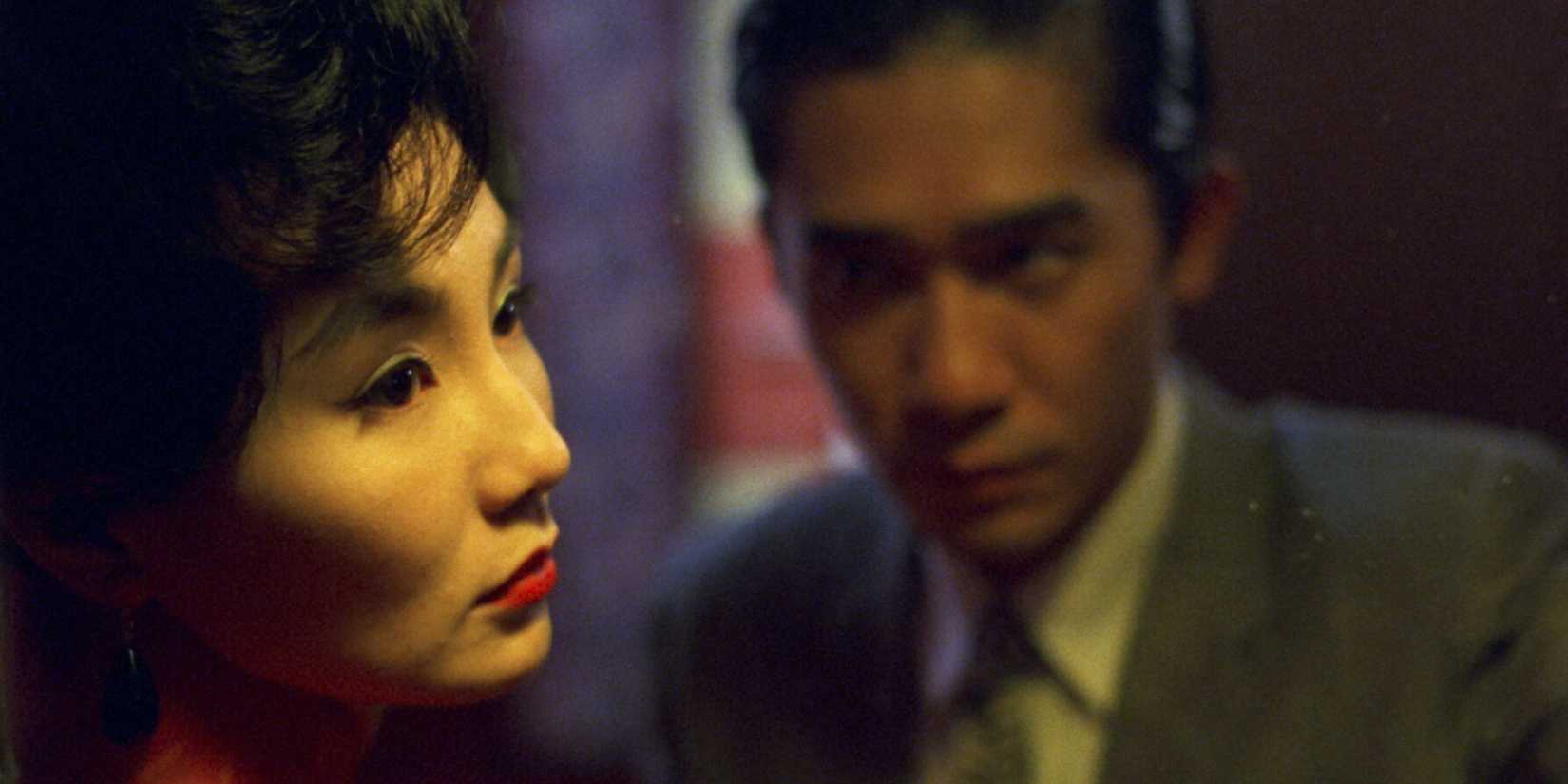It’s not often a movie is released that’s undeniably a perfect ten, but that’s exactly what happened with In the Mood for Love. As a powerful romantic drama released in 2000, this acclaimed classic stands as Hong Kong filmmaker Wong Kar-wai’s most well-known film, which kick-started an unofficial trilogy.
With stars Maggie Cheung and Tony Leung Chiu-wai giving outstanding performances, Leung became the first Hong Kong actor to win the Best Actor award at the Cannes Film Festival. With a legacy that’s only grown in the quarter of a century since its release, In the Mood for Love stands as a seminal work in Asian cinema.
In The Mood For Love Is A Romance Classic
In the Mood for Love has earned its status among the most powerful romantic dramas ever, as its portrayal of buried emotions and suppressed longing will be sure to leave a lasting mark on anyone who sees it. This story, set in 1962 British Hong Kong, tells of Shanghainese expatriates and neighbors who discover their partners are cheating on them.
As a touching glimpse into the pain and suffering of residents within the cramped corridors of high-rise Hong Kong apartments, there was something so real and sad about the stories of Chow Mo-wan and Su Li-zhen, who rent rooms in adjacent apartments. These two lonely people connect when they learn their partners are cheating on them with each other.
The emotional power of In the Mood for Love comes as much from what’s being left unsaid as it does from what’s depicted onscreen. As a somber look at two people simultaneously experiencing one of life’s biggest betrayals, much like how the movie’s characters are feeling, this is a film that’s likely to break your heart.
In The Mood For Love Is Part Of An Unofficial Trilogy
The heartbreaking beauty of In the Mood for Love is just one part of an informal trilogy from director Wong Kar-wai, which was preceded by Days of Being Wild in 1990 and followed by 2046 in 2004. While many connections can be made between the film’s themes, it’s not necessary to watch any of them to understand the others.
However, 2046 does feature Leung and Cheung and explores the aftermath of their characters’ unconsummated emotional affair while maintaining the same melancholic and highly stylized atmosphere of its previous installment. Although they may not be sequels in the strictest sense, anyone who was overcome by the beauty of In the Mood for Love will connect with the entire trilogy.
This story originally appeared on Screenrant


